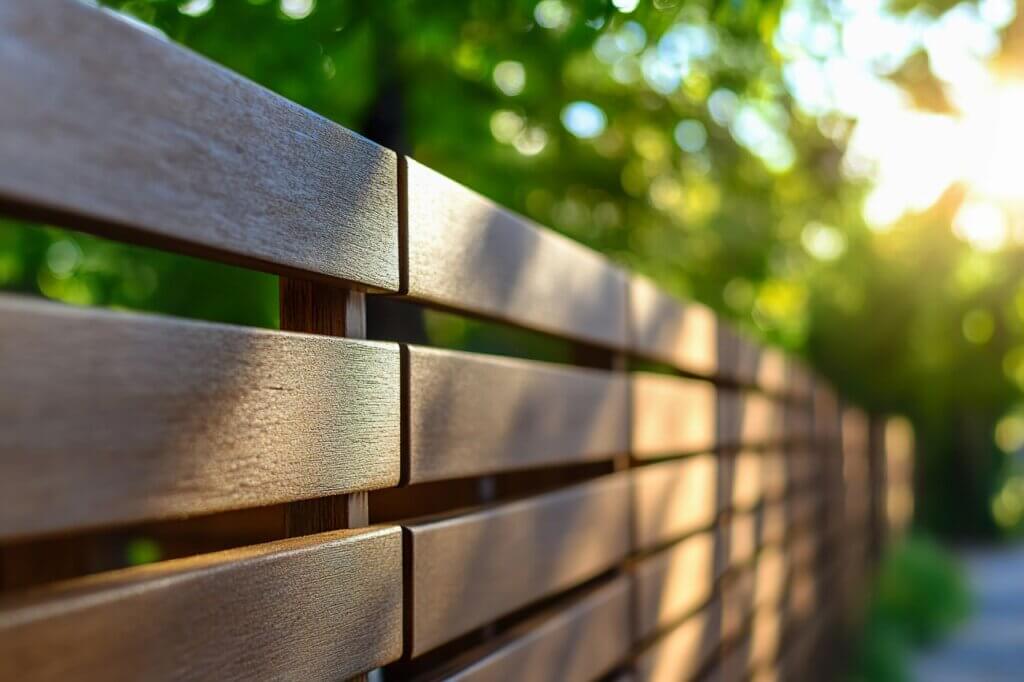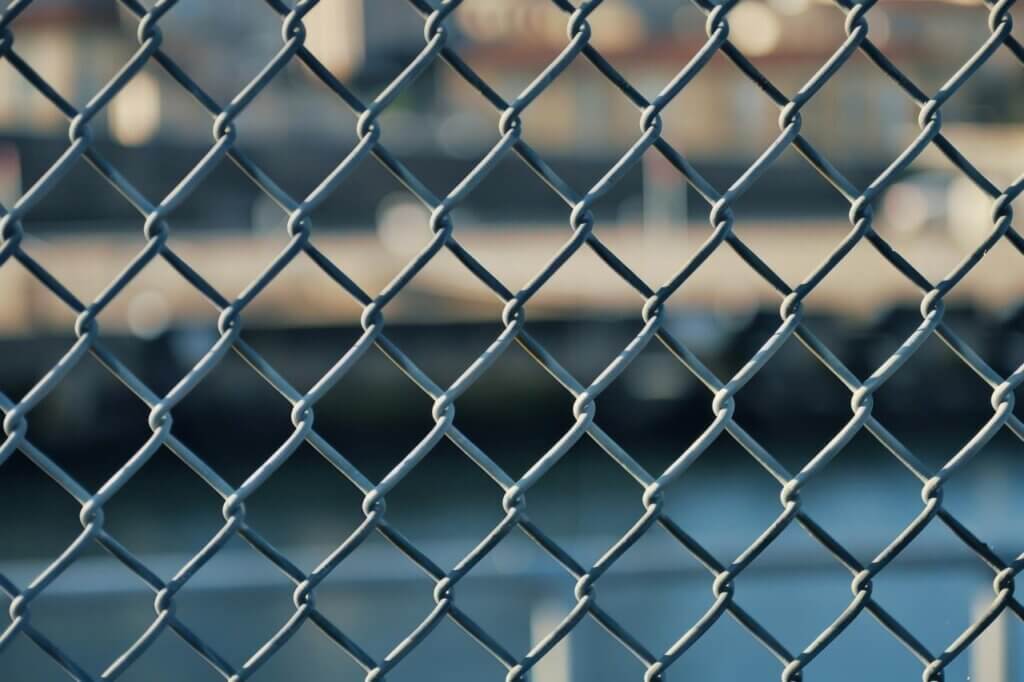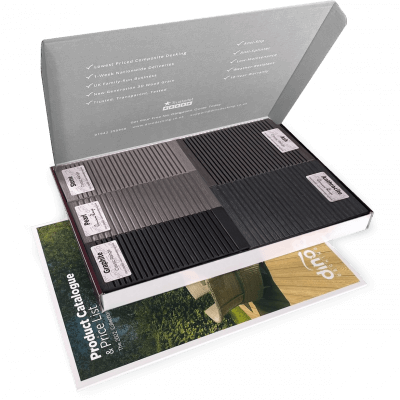5 Composite Decking Lighting Ideas
Our composite decking looks great in any setting, but you can really make your outdoor spaces shine with our decking
Products in Stock
Lowest Prices
Express Delivery
10-Year Warranty
Early April Sale. Up To 15% Off.

Living in a blustery corner of the UK? You’re not alone. From the gusty highlands of Scotland to the windswept coasts of Cornwall, many Brits find themselves battling the elements when it comes to keeping their fences upright. But fear not, fellow wind warriors! We’ve got the lowdown on the best fence types that’ll stand tall against even the fiercest gales.
Picture this: you’ve just spent a small fortune on a beautiful new fence, only to find it horizontal after the first autumn storm. Not exactly the look you were going for, was it? Wind-resistant fencing isn’t just about keeping your garden private; it’s about investing in a structure that’ll weather the storm – quite literally.
Wind is a sneaky adversary. It doesn’t just push against your fence; it creates a complex system of pressure and suction that can wreak havoc on poorly designed structures. Understanding this helps us appreciate why some fences stand firm while others fall flat.
What makes a fence wind-resistant? Let’s break it down.
A wind-resistant fence is like a sturdy oak – it bends but doesn’t break. This strength comes from quality materials and smart design.
Counterintuitively, a bit of give can be good. Fences that allow some air to pass through often fare better than solid barriers that take the full brunt of the wind.
Now, let’s explore the champions of the windy world. These fence types have proven their mettle against the mightiest gusts.
First up, it has to be composite fencing – the modern marvel of the fence world. It’s strong, it’s durable, and it laughs in the face of high winds. Plus, it’s low maintenance, which means more time enjoying your garden and less time worrying about fence repairs. If you’re keen to explore this option, you can order quality composite fence panels in the UK from us at Dino Decking.
Don’t let its lightweight fool you. Vinyl fencing is surprisingly sturdy in windy conditions. It’s flexible enough to give a bit in strong gusts, but tough enough to snap right back into shape.
Metal fences are the heavyweight champions of the wind-resistant world. They’re solid, they’re durable, and they’re not going anywhere in a hurry. Just remember to keep on top of rust protection if you opt for steel.

It might not win any beauty contests, but a chain link fence is a pragmatic choice for windy areas. Its open design allows wind to pass through, reducing the overall pressure on the structure.
Who says practical can’t be stylish? Horizontal slat fences offer a modern look while allowing wind to pass between the slats. It’s a win-win for aesthetics and functionality.
Think of louvred fences as the venetian blinds of the fence world. They can be adjusted to let more or less wind through, giving you control over your fence’s wind resistance.
Simple yet effective, post and rail fences are a classic choice for windy areas. They offer minimal wind resistance while still defining your property boundaries.
You May Also Like: 10 Modern Fence Ideas for 2025
Even the best fence types can benefit from a few extra measures to enhance their wind resistance.
Your fence is only as strong as its weakest post. Ensure your posts are deeply set and properly reinforced. Consider using concrete for added stability.
Not all materials are created equal when it comes to wind resistance; for insights into the strongest types of fencing, check out our comprehensive guide.
A well-maintained fence is a strong fence. Regular checks and prompt repairs can prevent small issues from becoming big problems when the wind picks up.
Ultimately, the best fence for your property will depend on various factors – your specific location, the level of wind exposure, your aesthetic preferences, and your budget. Don’t be afraid to mix and match different fence types to create a solution that’s perfect for your unique situation.
Whether you opt for the modern durability of composite fencing or the classic charm of a post and rail setup, the key is to prioritise strength and stability without compromising on style. After all, your fence is more than just a boundary – it’s a part of your home’s character.

Our sample pack contains a sample piece of each colour currently available. Order your free sample pack today to compare the colours and get a true feeling of the Dino Decking range!
Our composite decking looks great in any setting, but you can really make your outdoor spaces shine with our decking
If the idea of having rats under your decking makes you shiver, don’t worry. We’ll let you know the signs
Business hours
Monday: 09:00 – 17:30
Tuesday: 09:00 – 17:30
Wednesday: 09:00 – 17:30
Thursday: 09:00 – 17:30
Friday: 09:00 – 17:30
Saturday: Closed
Sunday: Closed
Contact us
01942 355968
support@dino.co.uk
Collection Address: Unit 1 Wetheral Close Hindley Ind Estate Wigan Greater Manchester North West WN2 4HS
Pages
Products
Testing
Copyright 2025 Dino Decking Ltd All Rights Reserved.
VAT Number: GB296097848.
Company Number: 10837233.